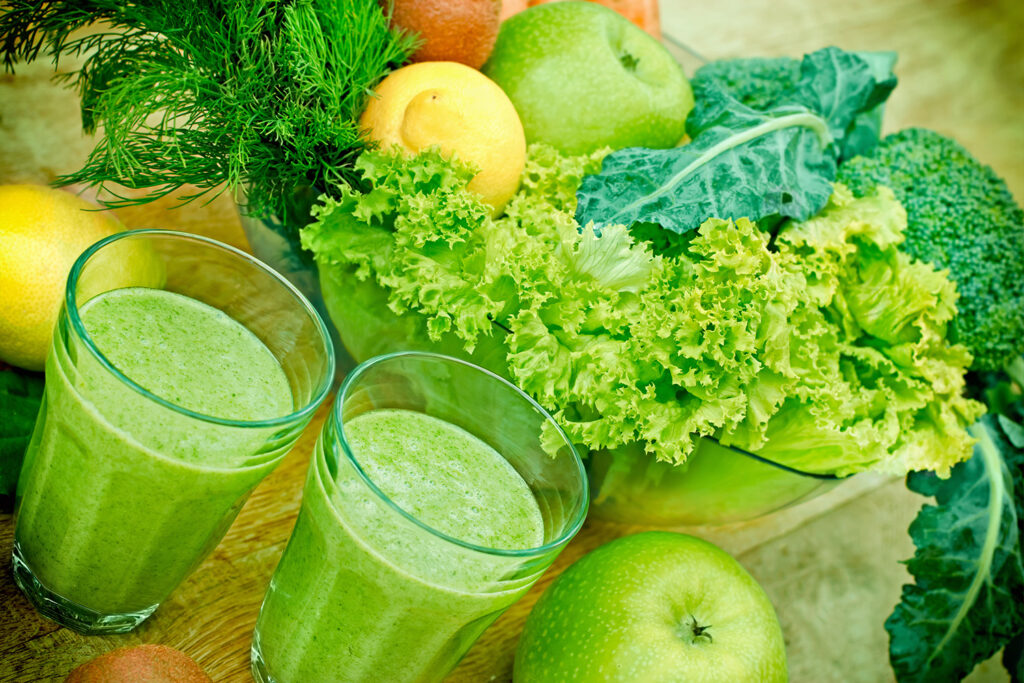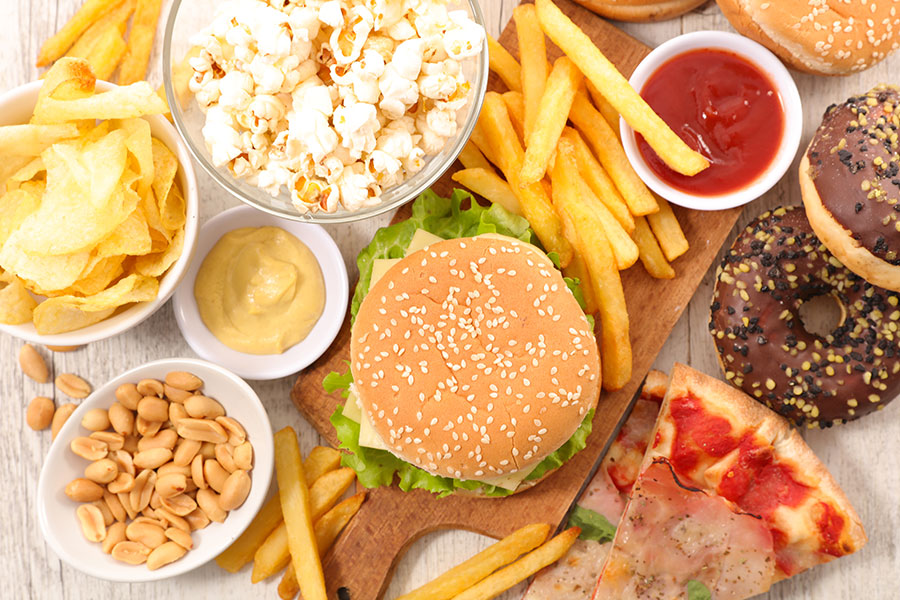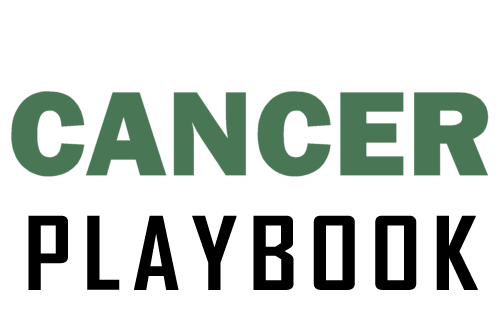Diet
Changing your diet is one of the most powerful tools you have for fighting cancer. Below are several suggestions for dietary changes that may improve your outcome. Scientific research supporting these suggestions is also described.
- Cut out added sugars and dairy products
- Switch to a predominantly vegan diet low in the amino acid methionine
- Eat more fruits and vegetables
Reducing intake of the amino acid methionine is a suggested method of taking away a source of fuel for cancer cells. An article from researchers with Georgia State University states, “The essential amino acid, methionine, is important for cancer cell growth and metabolism. A growing body of evidence indicates that methionine restriction inhibits cancer cell growth and may enhance the efficacy of chemotherapeutic agents.” Overall, animal products like dairy, red meat, eggs, chicken, and fish contain the highest levels of methionine. An exhaustive list on MyFoodData.com contains a ranking of the foods by methionine levels. By maintaining a predominantly vegan diet during your cancer journey, you can keep methionine levels low.
Cancer cell reproduction is fueled substantially by sugar, so cutting out sugar is one way of limiting cancer growth. An analysis from over 2,500 cancer cases found cancer risk increased in connection with increased consumption of added sugars and milk sugars. Overall, both human and preclinical studies “support a causal link between excess sugar and cancer.”
There are numerous systematic reviews and meta-analyses, the highest level of scientific evidence, consistently showing protective and prognosis-improving effects of higher intakes of fruits and vegetables.
Plant-Based Diets and Cancer Prognosis: a Review of Recent Research – “There is indication that higher intake of plant-based foods was associated with improved prognosis in cancer survivors.”
Fruits, vegetables and lung cancer risk: a systematic review and meta-analysis – “The current evidence from prospective studies is consistent with a protective role of fruit and vegetables in lung cancer aetiology.”
Fruits, vegetables and breast cancer risk: a systematic review and meta-analysis of prospective studies – “High intake of fruits, and fruits and vegetables combined, but not vegetables, is associated with a weak reduction in risk of breast cancer.”
Evidence Update on the Relationship between Diet and the Most Common Cancers from the European Prospective Investigation into Cancer and Nutrition (EPIC) Study: A Systematic Review – “Fruit and vegetable consumption had a protective effect against colorectal, breast, and lung cancer, whereas only fruit had a protective effect against prostate cancer”
Adherence to Mediterranean Diet and Risk of Cancer: An Updated Systematic Review and Meta-Analysis – “The highest adherence score to a MedD was inversely associated with a lower risk of cancer mortality, colorectal cancer, breast cancer, gastric cancer, liver cancer, head and neck cancer, and prostate cancer.”
Good Food
- Leafy Green Vegetables
- Cruciferous Vegetables
- Berries Brightly Orange-Colored Fruits and Veggies
- Fresh Herbs and Spices with active ingredient curcumin
- Water Keifer
- Kombucha Tea
- Nuts and Seeds
- Healthy Unrefined Oils (Coconut, Flax, Cod Liver, and Extra Virgin Olive Oil)
- Mushrooms
- Traditional Teas


Bad Food
- Processed Meats
- Fried, Burnt, and Overly Cooked Foods
- Added Sugar
- Foods High in Additives
- Rice Products
- Soy Products
- High fructose corn syrup
- Stay away from PRESERVATIVES
- Chicken
- Fish
